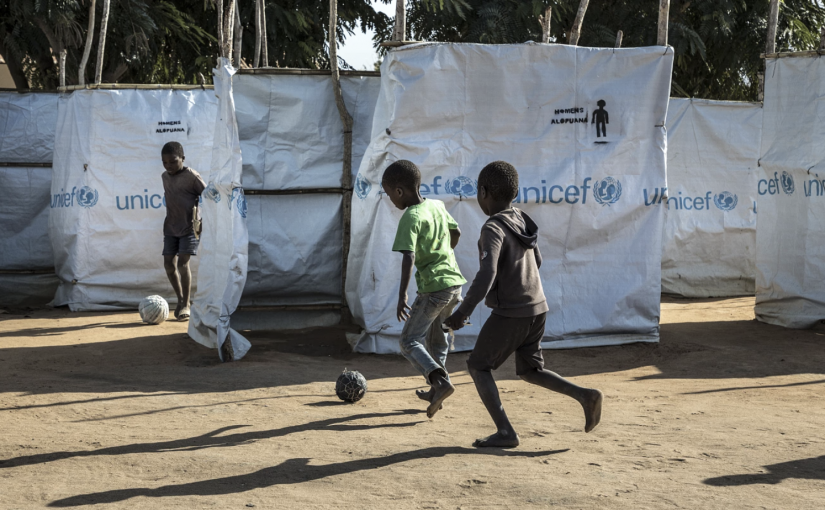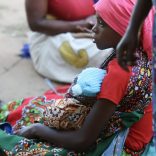10 young people from Mozambique and Eswatini depart for Ireland on Government of Ireland ...
Mozambique: Digital education to reach 22,000 students in Cabo Delgado

File photo: Unicef
More than 22,000 students will be reached by a digital education project of the United Nations High Commissioner for Refugees (UNHCR) in Cabo Delgado, a northern province that has faced armed attacks since 2017, the agency announced.
“The Instant School Network (INS) project will benefit more than 22,000 students, also providing digital connectivity to unlock endless learning opportunities,” said a statement from UNHCR.
The INS program, launched in 2021 in partnership with the Vodafone Foundation, aims to provide quality digital education to asylum seekers, refugees and local students.
Since its launch, the Instant School Network has already benefited almost 9,000 students in grades 7 and 12, 25,000 members of their families and more than 200 teachers in Nampula province alone.
Since October 2017, gas-rich Cabo Delgado has been facing an armed rebellion with attacks claimed by movements associated with the extremist group Islamic State, and women are among those most affected by the conflicts that have plunged the province into an unprecedented humanitarian and security crisis, according to some humanitarian organizations.
The last major attack in that northern province took place on May 10 and 11, 2024, in the district headquarters of Macomia, with around a hundred rebels looting the town, causing several deaths and heavy fighting with the Mozambican Defense and Security Forces and Rwandan military, which provides support to the FDS in the region.
In 2024 alone, at least 349 people died in attacks by Islamic extremist groups in northern Mozambique, an increase of 36% compared to the previous year, according to a study released by the Africa Center for Strategic Studies (ACSS), an academic institution of the US Department of Defense.












Leave a Reply
Be the First to Comment!
You must be logged in to post a comment.
You must be logged in to post a comment.